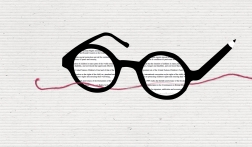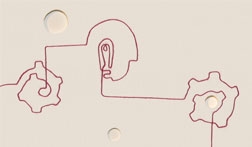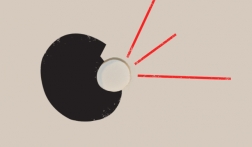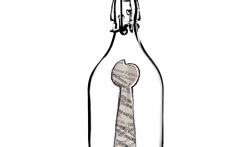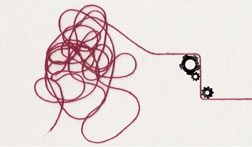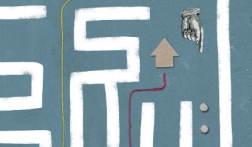Human rights law can give people power. Using and understanding it can give even more.
The law is the first place where human rights need to be recognised. Otherwise, people have no basis upon which to enjoy their rights and claim what they are entitled to as human beings.
The law can be a very powerful tool for enforcing human rights and addressing violations. But the law can also breach human rights. We work to encourage advocates to use the law to challenge children’s rights abuses, and push for legal reform if the law itself violates children’s rights or fails to recognise them.
In this section of our website you will find resources, guides and advice to help you understand aspects of human rights law and how to use it to advance children’s rights.
Legal research
We conduct legal research into court cases around the world that feature the Convention on the Rights of the Child or children’s rights more generally, and publish these cases with plain language summaries in our case law database. We also research into specific areas of law, such as inhuman sentencing of children, and publish reports.
Legal research can be technical, so for all our legal research, we publish guides on how we did it so you can replicate it.
For more information, see our legal research page.
Legal advocacy
Used alone, traditional campaigning methods such as protests, media drives, letter writing and report writing have not done enough to advance children’s rights. So at CRIN we promote the use of the law to generate the change we need for governments and societies to view and treat children as rights holders.
Here you will find guides on legal advocacy - what it means, what it can be used for, and how to do it. There is also information on legal advocacy workshops CRIN has conducted in Turkey and South Asia, including guides on how advocates can organise similar workshops to help promote this emerging and potent form of advocacy in children’s rights campaigning around the world.
Legal complaints
A legal complaint is when you take someone to court. This can include when someone, including the government, violates your human rights.
Here we have information and advice on different types of legal complaints to different bodies (national, regional and international).
Legal assistance
Legal assistance must not be viewed as a privilege - it is a human right.
The law and its systems are incredibly confusing and almost impossible to navigate without legal assistance. If children are to enjoy their human rights it’s vital they are able to use and trust the legal system. Lawyers provide children with a means to understand legal proceedings, defend their rights, and make their voices heard - whether the child is accused of breaking the law, or is a victim or witness.
For more information, see our guide to obtaining the right legal assistance for you (including legal aid). For information on free legal assistance in the European Union, see our directory on legal clinics.
Access to justice for children: challenging violations of children's rights
Children’s rights abuses are rife all over the world. The Convention on the Rights of the Child is not perfect, but it enshrines the children’s rights that every State Party ought to protect. So how can children and their advocates challenge rights violations?
To help we have launched an ambitious project to find out and report on “access to justice for children” for every country in the world. By this we mean how the law treats children involved in legal proceedings (can they bring their own cases etc), the status of the Convention of the Rights of the Child in national law, the legal means to challenge children’s rights violations, and the practical considerations involved in doing so (eg cost, time etc).
These reports will also help in taking cases to the Committee on the Rights of the Child once it has a fully fledged international complaints procedure.
Strategic litigation
Strategic litigation, sometimes also called impact litigation, involves selecting and bringing a case to the courtroom with the goal of creating broader changes in society. Strategic litigation is a powerful means to establish and enforce children's rights at the national, regional and international levels.
CRIN’s collection of case studies illustrates how strategic litigation works in practice by asking the people involved about their experience. By sharing these stories we hope to encourage advocates around the world to consider strategic litigation to challenge children rights’ violations.
For more information including useful resources, see our strategic litigation page.

